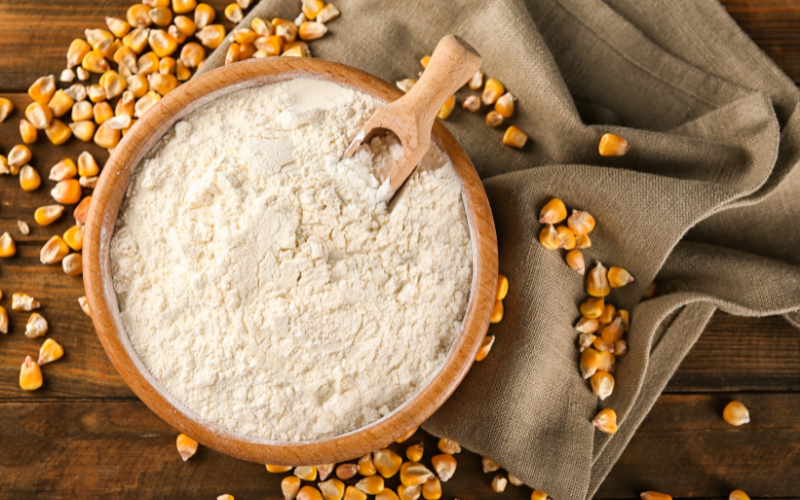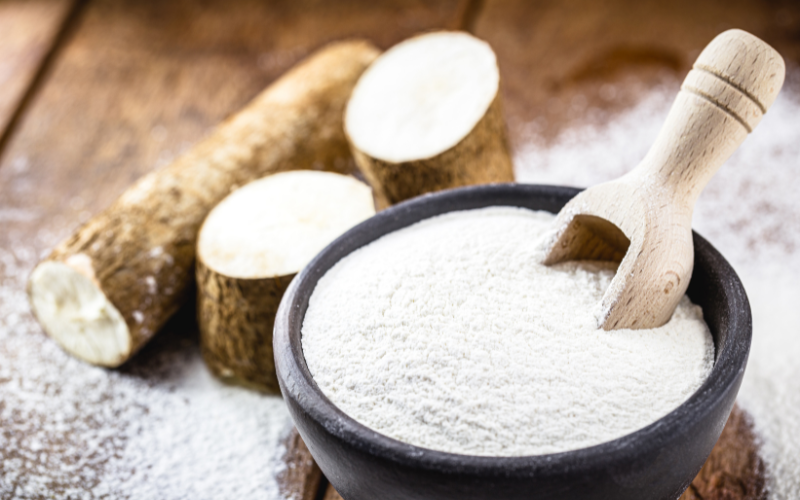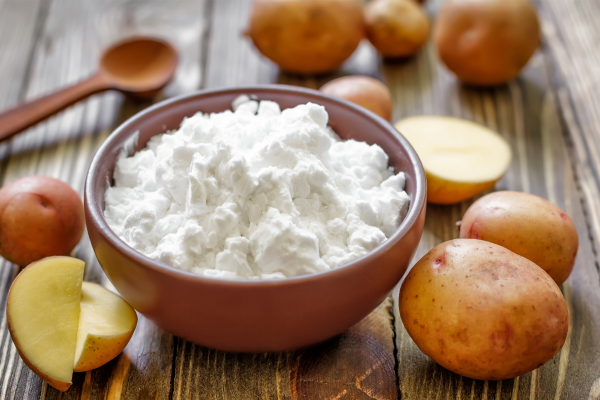The Role of Starch in Food Manufacturing
As a purchaser of food ingredients, understanding the properties and diverse applications of starch is pivotal in selecting the most suitable ingredients to meet product requirements and consumer preferences. This comprehension ensures that the chosen starch aligns with the intended purpose of the final product, whether it’s enhancing texture, stability, or nutritional value.
Varieties of Starch and Their Uses
Starch, a fundamental component in numerous food products, boasts a range of varieties, each exhibiting unique characteristics and functionalities. Among these are cornstarch, potato, and tapioca, which find extensive use across various culinary applications due to their distinct properties and capabilities.
Applications of Different Starch Types
The versatility of starch is exemplified through its multifaceted applications in food manufacturing. For instance, cornstarch serves as a reliable thickening agent for sauces, gravies, and soups, imparting desired consistency and mouthfeel. Meanwhile, potato starch contributes to the tenderness and moisture retention in baked goods, enhancing the overall quality of bread and pastries. Tapioca starch, derived from the cassava plant, fulfills a niche role in gluten-free baking by providing a smooth texture and aiding in binding ingredients.
Starch's Role in Food Production
Beyond its functional attributes, starch plays an indispensable role in shaping the sensory attributes and nutritional profile of food products. In bread and pasta production, it serves as a primary structural component, influencing the texture and mouthfeel of the product. Additionally, the ingredient serves as a significant energy source, contributing to the overall nutritional value of foods.


Factors to Consider in Selections
When selecting starch for food manufacturing, several critical factors warrant consideration to ensure optimal performance and quality outcomes. Viscosity, texture, and stability are paramount considerations that directly impact the sensory experience and shelf life of the final product. By evaluating these factors, manufacturers make informed decisions regarding ingredient selection to achieve desired product attributes and consumer satisfaction.
Functionalities of Starch
Modified starches represent a specialized category of derivatives that undergo chemical or physical alterations to enhance their functional properties. These modifications enable tailored solutions to specific manufacturing challenges, such as improving texture, stability, and shelf life. By harnessing the unique functionalities of modified, manufacturers can overcome obstacles and achieve superior performance across diverse applications.
Maximizing Benefits
A comprehensive understanding of ingredients empowers FOOD MANUFACTURERS to make informed decisions that optimize product quality and consumer satisfaction. By leveraging the capabilities and modified derivatives, manufacturers unlock innovative solutions to meet evolving demands and deliver exceptional food experiences.
